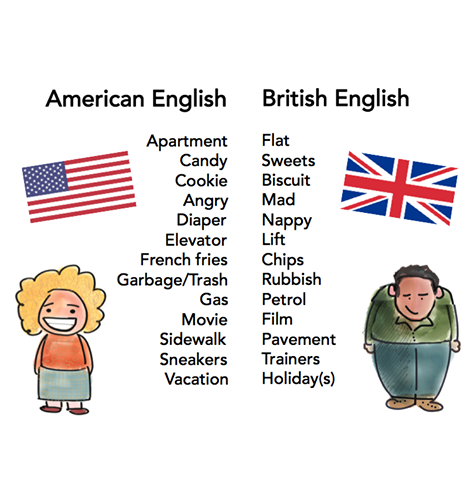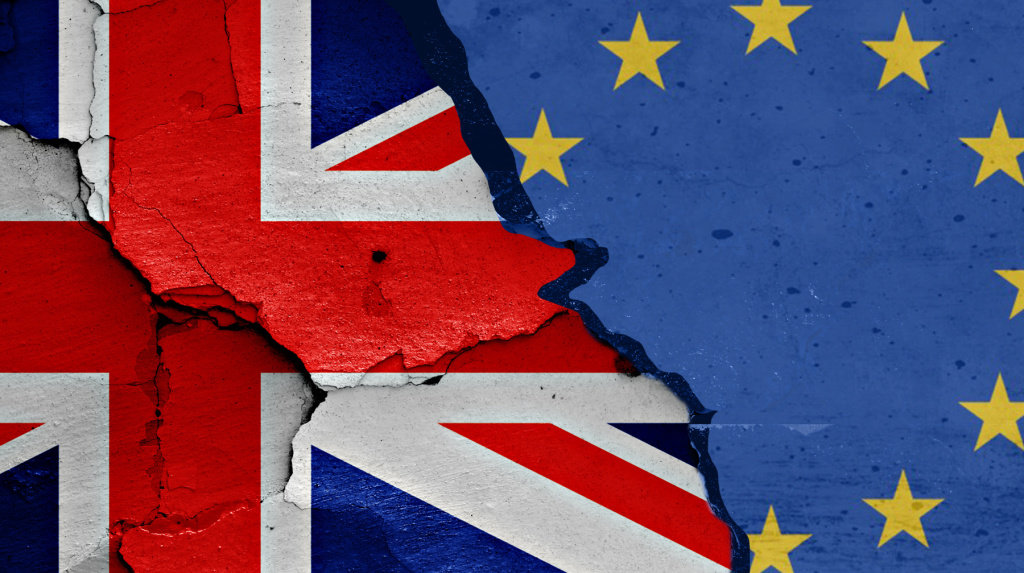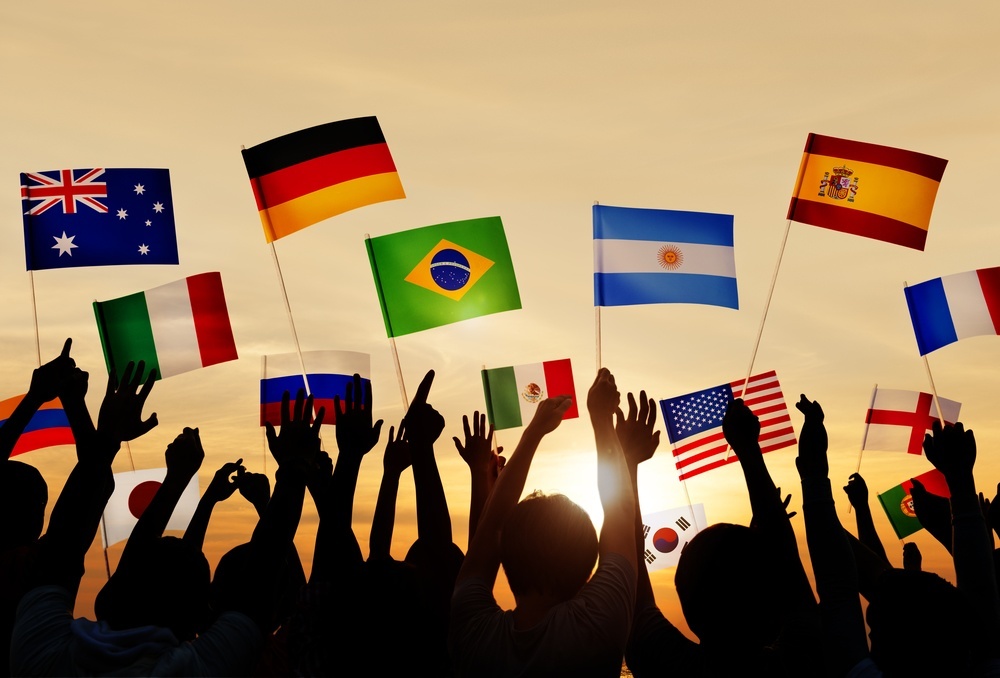Vissually is a company which offers creative solutions to boost the sales of the brands they work with. With a carefully chosen team of engineers, graphic designers and printers, they create attractive products in countless formats, in order to meet their customers’ requirements and make them stand out among their competitors.
As with many companies, a lot of Vissually’s business is generated from their website. They have a successful website which is key to successful business, but Vissually have come up against a challenge which many successful businesses face – their market is limited to Spanish customers. They wanted to expand their business to reach out to a wider audience, and to do this, they needed to translate their website into different languages. To provide this important service, they chose BigTranslation. Here at BigTranslation we offer a website translation service into over 24 different languages, giving your business the opportunity of global success.
The key elements of website translation
What makes us unique is that we use native translators in order to make any translation sound as natural as possible. Native translators also know and understand the market needs and requirements of the audience for which they are translating, and are able to adapt the translation accordingly.
We also realise that no matter how good the quality of the translation may be, it has no relevance if it can’t be found on online searches. This is why we offer a SEO translation service, to allow your website to maintain high search engine visibility during searches from various countries. We specify key words and expressions which will increase the amount of users visiting the website.
Vissually wanted to expand to the French and British market, and so using our expert team we were able to translate their website into French and English efficiently, allowing customers from all over Europe to make the most of Vissually’s expert services, while Vissually can benefit from international business. Good news all round!



 the jumper. Although to British people this is quite clearly an item to keep you warm in winter, in America a jumper is somebody who commits suicide by jumping off a building or bridge. Fortunately the popularity of Harry Potter, and particularly Ron Weasley, across the globe has helped Americans to understand the commonly used British meaning!
the jumper. Although to British people this is quite clearly an item to keep you warm in winter, in America a jumper is somebody who commits suicide by jumping off a building or bridge. Fortunately the popularity of Harry Potter, and particularly Ron Weasley, across the globe has helped Americans to understand the commonly used British meaning!








 time in the translation field are aware of the basic practices to avoid. Relying on translators who are competent, but not native speakers of the target language comes with a considerable amount of risk. Furthermore, using automated translators such as Bing or Google Translate is even more perilous. As a Scot living in Europe, I’m always reminded of one particular translation of Robert Burns’ Address to a Haggis. The poem is customarily read before the cutting of the Haggis before a meal, and contains the line ‘Great chieftain o’ the pudding-race!‘. It was once translated into German for a Burns event in Berlin, and then independently translated from the German back into
time in the translation field are aware of the basic practices to avoid. Relying on translators who are competent, but not native speakers of the target language comes with a considerable amount of risk. Furthermore, using automated translators such as Bing or Google Translate is even more perilous. As a Scot living in Europe, I’m always reminded of one particular translation of Robert Burns’ Address to a Haggis. The poem is customarily read before the cutting of the Haggis before a meal, and contains the line ‘Great chieftain o’ the pudding-race!‘. It was once translated into German for a Burns event in Berlin, and then independently translated from the German back into 


 Lastly, there is white hat SEO. This is based on a long-term strategy and is associated with ethical SEO, complying with search engine regulations. One of the most recommended methods, it consists of is creating solid titles and meta tags and making insightful alterations to the content of your website. Having content of the highest quality will appear much more valuable to the search engines and to visitors. Quality is therefore essential in obtaining the best results in
Lastly, there is white hat SEO. This is based on a long-term strategy and is associated with ethical SEO, complying with search engine regulations. One of the most recommended methods, it consists of is creating solid titles and meta tags and making insightful alterations to the content of your website. Having content of the highest quality will appear much more valuable to the search engines and to visitors. Quality is therefore essential in obtaining the best results in